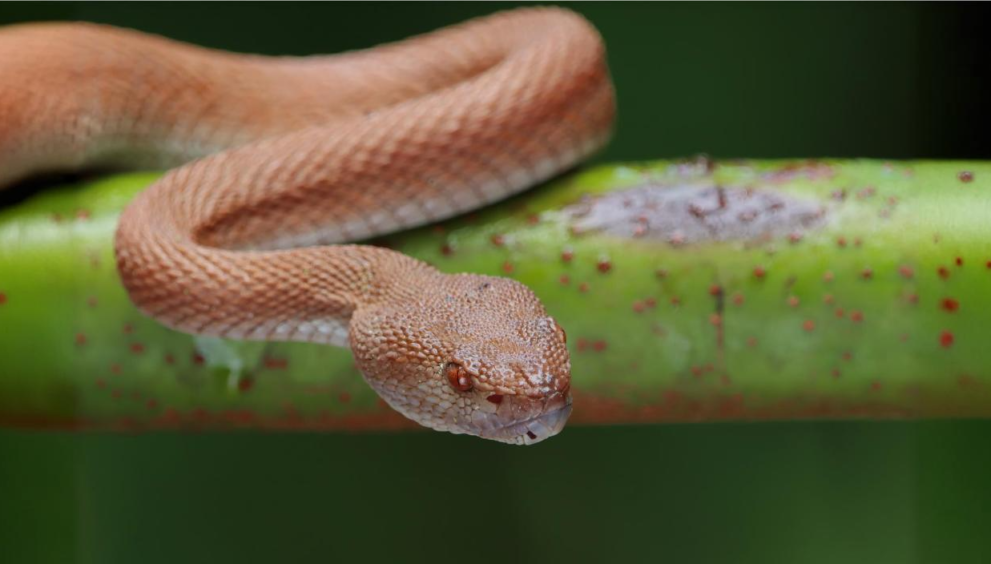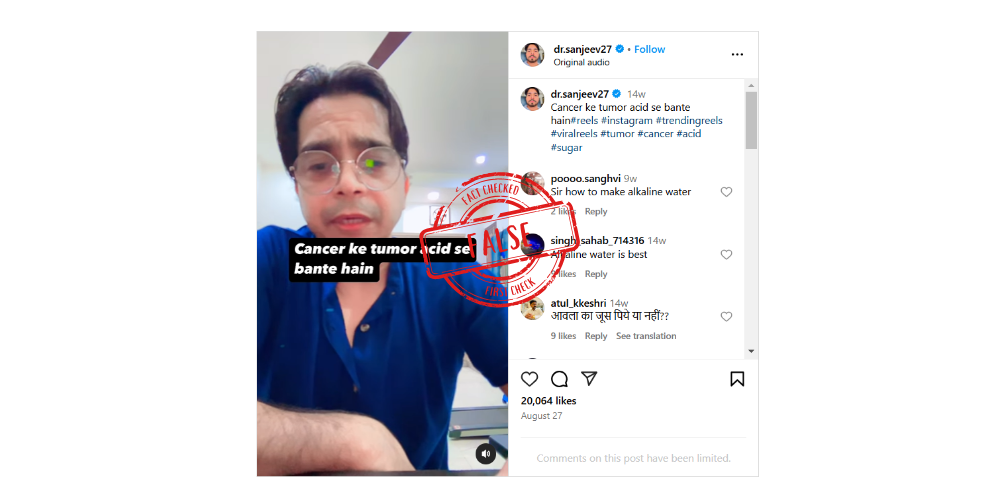India mandates snakebite reporting amid 50,000 annual deaths
In India, around 90% of snakebites are caused by the 'big four' among the crawlers - common krait, Indian cobra, Russell's viper and saw scaled viper
Author
Author
- admin / 1 year

- 0
- 3 min read

Author
In a significant move to combat underreported snakebite cases, the Indian Ministry of Health has made it mandatory for all government and private healthcare facilities to report suspected and confirmed snakebite cases and deaths. The decision follows concerns about the underreporting of such incidents, which has hindered efforts to understand and address the problem.
In a letter dated November 27, Health Secretary Punya Salila Srivastava outlined the new directive, stating that the mandatory notification of snakebite cases would strengthen surveillance efforts. “It will help stakeholders gauge the accurate burden, identify high-risk areas, and understand the factors responsible for the deaths of snakebite victims,” Srivastava wrote. “This will ultimately result in improved clinical management of victims.”
The directive requires all states and union territories to classify snakebites as a “notifiable disease” under relevant public health laws. This includes reporting from both government and private medical institutions, including medical colleges. The ministry emphasized that a robust surveillance system is essential for tracking the incidence and mortality rates of snakebites and for evaluating the effectiveness of public health interventions.
In India, approximately 50,000 deaths occur annually from an estimated 3-4 million snakebites, accounting for half of the global snakebite fatalities. Only a small proportion of snakebite victims across countries report to the clinics and hospitals and thus actual burden of snakebite is grossly underreported. As per the report of the Central Bureau of Health Investigation (CBHI) for 2016-2020, the average annual frequency of snakebite cases in India is around 3 lakhs. About 2000 deaths occur due to snakebite envenoming.
In India, around 90% of snakebites are caused by the ‘big four’ among the crawlers – common krait, Indian cobra, Russell’s viper and saw scaled viper. Administration of polyvalent anti-snake venom (ASV) containing antibodies against these snakes is effective in 80% of the snakebite cases. However, lack of trained human resources and health facilities to treat snakebite patients remains a cause of concern. Also, the unavailability of data on incidence, morbidity, mortality, socio-economic burden, treatment patterns etc. are the major hindrances in planning for mitigation of snakebite in India.
Some studies say most patients in rural India attend village healers and so their cases go unreported. Doctors at primary health centres in India are replaced every 6–12 months and have poor knowledge about, and experience in, management of snake bites. Many victims die on the journey to big, city-based hospitals.
A Lancet piece in March this year suggested that countries like India should designate snakebite envenoming as a notifiable disease. “South Asia, which has 70% of global deaths from snakebite envenoming, must take concrete steps to develop a collaborative and comprehensive data collection ecosystem; and India with its burden and resources, must lead this consortium for regional cooperation to address common challenges,” the piece said.
Snakebite envenoming was initially overlooked by the WHO review of neglected tropical disease burden in 2007. It was later included in the list of neglected tropical diseases in 2009, removed in 2013, and reinstated as a category A neglected tropical disease in June, 2017.
During the World Health Assembly in May, 2018, WHO urged member states to assess the burden of snakebite envenoming and strengthen surveillance, prevention, treatment, and rehabilitation programmes, while promoting international collaborations to enhance national capacities for snakebite prevention and control.
Also read: Explainer: How a blood thinner works as antidote to snakebite – First Check
(Do you have a health-related claim that you would like us to fact-check? Send it to us, and we will fact-check it for you! You can send it on WhatsApp at +91-9311223141, mail us at hello@firstcheck.in, or click here to submit it online)









